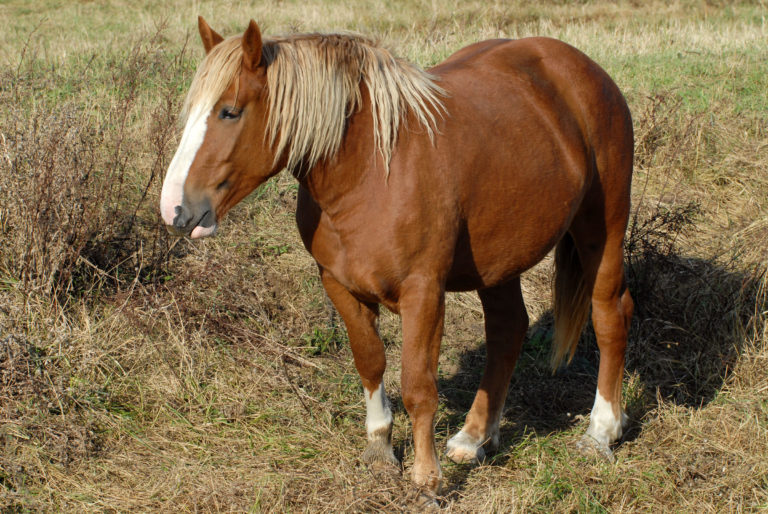
The USDA Animal and Plant Health Inspection Service (APHIS) noted that the 2020 vesicular stomatitis virus (VSV) outbreak began on April 13, 2020. That is when the National Veterinary Services Laboratories (NVSL) in Ames, Iowa, confirmed the first VSV-positive premises in Dona Ana County, New Mexico.
Arizona and Texas subsequently broke with VSV cases, which were confirmed by NVSL on April 22, 2020 (Cochise County, Arizona) and April 23, 2020 (Starr County, Texas).
Since the start of the outbreak, 14 VSV-affected premises have been identified (12 confirmed positive, two suspect). All 14 of these premises have only equine species clinically affected. No clinically affected cattle have been identified at this time.
New Mexico has identified nine affected premises (seven confirmed positive, two suspect) in three counties (Dona Ana, Eddy and Sierra Counties).
Arizona has identified two affected premises (two confirmed positive, zero suspect) in two counties (Cochise and Pinal Counties).
Texas has identified three affected premises (three confirmed positive, zero suspect) in two counties (El Paso and Starr Counties)
Since the last situation report (April 23, 2020), there have been four new VSV-affected premises identified (two confirmed positive, two suspect) in three states:
Arizona (one new confirmed positive premises) in Pinal County (new infected county)
New Mexico (two new suspect premises) in Dona Ana County and Sierra County
Texas (one new confirmed positive premises) in El Paso County (new infected county)
Both VSV-Indiana (VSV-IN) and VSV-New Jersey (VSV-NJ) serotypes have been identified during the 2020 outbreak. VSV-IN occurred in the U.S. in 2019, while VSV-NJ was last isolated in the U.S. in the 2014-2015 outbreak. Both serotypes are known to circulate in endemic cycles in southern Mexico. The last U.S. outbreak involving both serotypes occurred in 1997-1998.
For more information visit the USDA APHIS Situation Report page.
You can learn more about vesicular stomatitis virus from this 2019 Disease Du Jour podcast with Dr. Angela Pelzel-McCluskey, a National Equine Epidemiologist for the USDA APHIS Veterinary Services.








